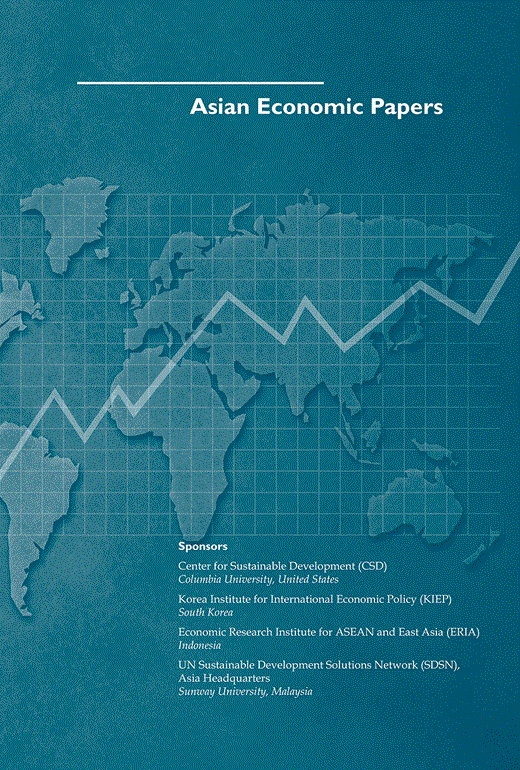The Untimely Demise of the Goods and Services Tax (GST) in Malaysia: A Postmortem and the Way Forward
IF 1.1
3区 经济学
Q1 ECONOMICS
引用次数: 0
Abstract
We discuss the reasons for the introduction of the Goods and Services Tax (GST) in Malaysia, its subsequent abolition, and the factors to consider if it is to be reinstated. The GST was implemented hastily to rein in mounting government deficits and debt. The lack of preparation to address its impact on the general price level, and incomes of poorer households in an economy already predisposed to inflation, led to widespread public discontent. The high compliance costs borne by smaller firms, delays in providing tax refunds to businesses, and the wasteful use of the additional revenues the tax generated strengthened the anti-GST sentiment. Any attempt to bring back the GST must focus on gaining acceptance rather than the revenue it generates. This is best achieved by timing its reintroduction correctly, keeping the rate low, the base broad, and implementing parallel measures to supplement the incomes of households seriously undermined by the tax on the consumption side. Additionally, addressing leakages, waste, and corruption in the public sector will strengthen public acceptance of the tax and instill confidence in public sector fiscal management.马来西亚商品与服务税(GST)的不合时宜消亡:事后总结与未来之路
我们将讨论马来西亚引入商品及服务税(GST)的原因、随后的废除情况,以及如果要恢复商品及服务税应考虑的因素。商品及服务税是为了控制政府不断增加的赤字和债务而匆忙实施的。由于缺乏准备来应对其对总体物价水平的影响,以及在一个已经存在通货膨胀倾向的经济体中贫困家庭收入的影响,导致了广泛的公众不满。小公司承担的高昂合规成本、延迟向企业退税以及浪费税收所带来的额外收入,都加剧了反商品及服务税的情绪。任何恢复商品及服务税的尝试都必须把重点放在获得认可上,而不是它所带来的收入。要做到这一点,最好的办法是把握好重新引入的时机,保持较低的税率和较宽的税基,并采取并行措施来补充因消费税而严重受损的家庭收入。此外,解决公共部门的渗漏、浪费和腐败问题将增强公众对税收的接受度,并为公共部门的财政管理注入信心。
本文章由计算机程序翻译,如有差异,请以英文原文为准。
求助全文
约1分钟内获得全文
求助全文
来源期刊

Asian Economic Papers
ECONOMICS-
CiteScore
7.50
自引率
0.00%
发文量
16
期刊介绍:
The journal Asian Economic Papers (AEP) is supported by several prominent institutions, including the Center for Sustainable Development at Columbia University in the United States. This shows that there is a strong emphasis on sustainable development within the journal's scope. Additionally, the Korea Institute for International Economic Policy in South Korea, the UN Sustainable Development Solutions Network (SDSN) in Malaysia, and the Economic Research Institute for ASEAN and East Asia in Indonesia also sponsor AEP. The articles published in AEP focus on conducting thorough and rigorous analyses of significant economic issues pertaining to specific Asian economies or the broader Asian region. The aim is to gain a deeper understanding of these issues and provide innovative solutions. By offering creative solutions to economic challenges, AEP contributes to the discourse and policymaking that impact the Asian economies and region as a whole.
 求助内容:
求助内容: 应助结果提醒方式:
应助结果提醒方式:


